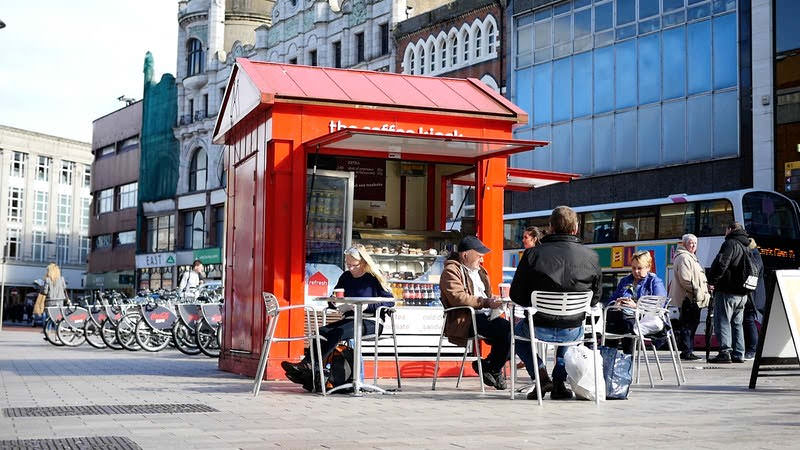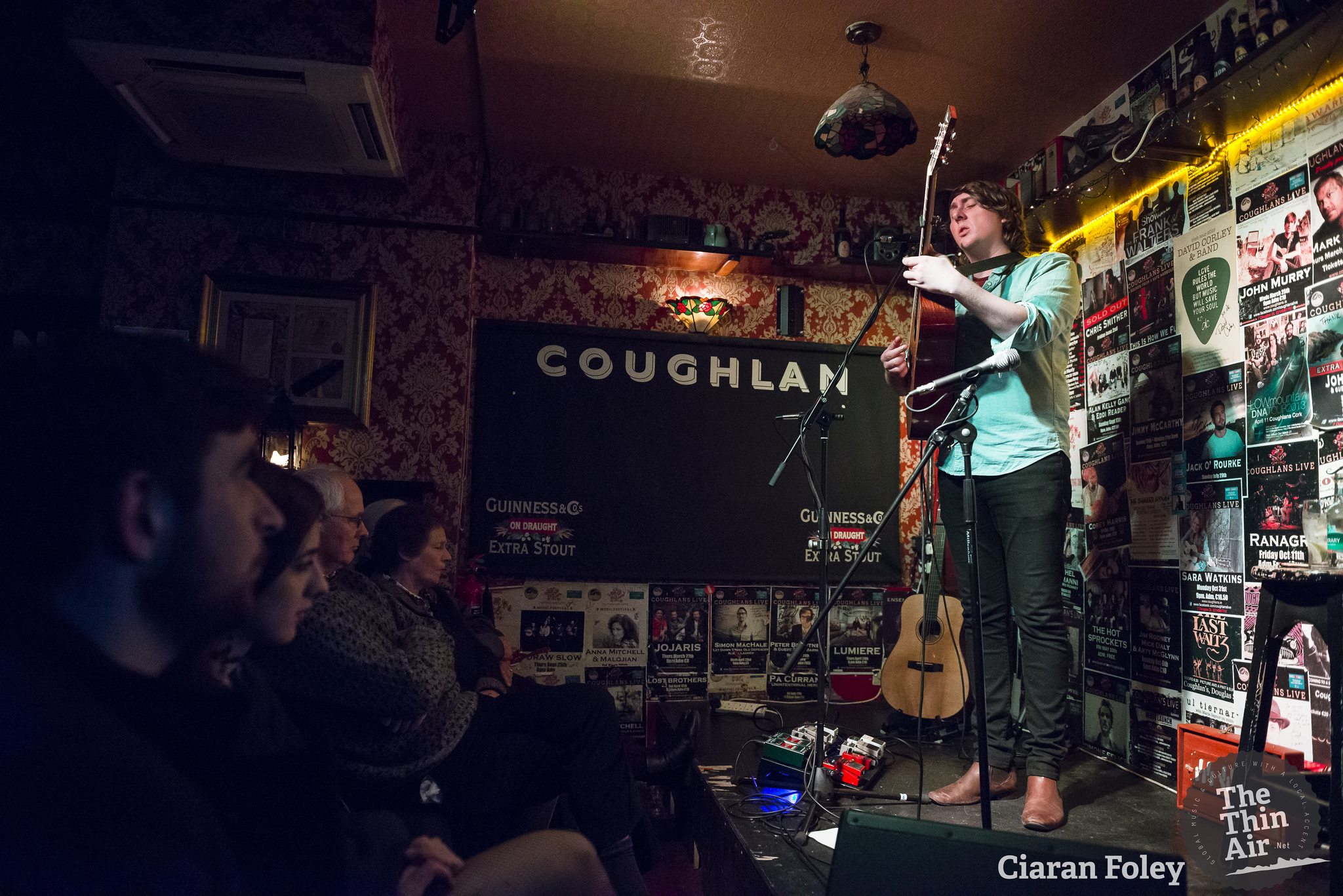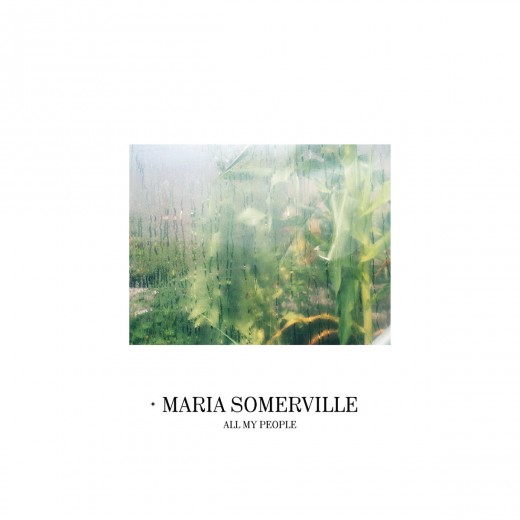A must-see at this year’s Belfast Film Festival is the debut screening of The Kiosk by director Neal Hughes. Capturing the singular spirit and humanity of the city and its citizens, it’s a look through the eyes of a barista serving coffee from a small coffee kiosk in the heart of Belfast City Centre.
We catch up with Hughes to discuss the impetus behind the project, the future of the Kiosk following the major fire at the nearby Primark in August and how his film reveals the poetry of everyday Belfast.
Catch The Kiosk at Movie House on Dublin Road on Saturday, April 13. Buy tickets here.
Hi Neal. When did the idea for The Kiosk first come about, and how did it become a full-blown reality?
Well, it was always something I wanted to do when I worked at The Kiosk. I had joked for years with the owner that it was a film waiting to be shot. I think that and the film Smoke starring Harvey Kietel which I had made some casual associations to the experience of working at the Kiosk. The people and their stories, which in this case were there lives. You become a voyeur of other people’s lives and the richness of the funny and sad accounts at the Kiosk reflect Belfast’s greatest asset: the people. I felt you could really capture the essence of the city. I had a lot of footage taken and had just started a Masters course at the University of Limerick and one of our research tasks were to shoot and produce a short video. So it all started from there.
It’s a film that hones in on the simple, perfect majesty of the everyday. But what did you set out to capture with the film?
It’s the people. As Sam in the film says: “People here have time for you”. I had the people’s trust working there, their ear and sometimes even the job of looking after their groceries. I think having the trust of the Kiosk’s patron allowed me to capture everything that was needed to be of interest and to be engaging. Some days the Kiosk felt like a lookout post where you saw it as protection from the madness; other days it was like a joyful embrace from the fascinating mundanity of daily life. A simple life of a musician working as a barista, taking in a rich tapestry of life. I can be romantic about it – you need to be when you work there. So you see a film about this unique trading post was a necessity.
At the start of the film you clearly state “this is a Belfast story”. Looking back at the film, what do you think it distills about the unique energy of Belfast City Centre?
The people and the richness of their stories. For me, seeing the ease in which foreign nationals and the local pensioners discussing politics and religion or conspiracies about one world governments is a beautiful thing and certainly an improvement on our past. That’s the thing: the Kiosk attracts all walks of life and I think the film reflects that.
It’s a collaborative film. Who was all involved, how did you go about recruiting their services and were you all on the same page about what you wanted to achieve?
Well, it started out as very much a solitary piece of work, but I felt that I needed some bit, so to speak, to create a whole piece of work. I enlisted the help of Dominic Small who is now the most recent captain of the ship at The Kiosk, who had started working on an exhibition of still photography based around the characters who frequent the Kiosk. Which reminds me, it’s a very male-oriented space/environment, which comes across in the film, too. Dominic’s got a great eye and a great conversationalist and that comes out in his approach to photography. I am hoping he will put a book together of the Kiosk photos.
I also enlisted the help of Gavin McAuley, who shot time-lapse on his days of as an ER doctor. Gav also chipped in ideas on the premise and I guess his belief was the Kiosk was the main character so to speak. I set about learning to edit and now I have something I am very proud of. Joe Lindsay came on board later in the edit. Joe has been a sounding board for many of my musical projects and I have always valued his support. So, Joe helped me home in on the things that were important to show in this film and consulted on the edit as it began to take shape.
A city is nothing without its citizens and familiar faces. The people of Belfast are the characters and the narrators of this film. Was it important for you to defer to their chat, their poetry and chance turns of phrase, rather than plan ahead or try to work it around ideas of narrative?
Again, I think I return to Smoke, and in particular, those little scenes where they hang out and talk about everything and anything. Or the rawness of Spike Lee’s films of the 1990s, which captured people’s humour and their problems with life. With the Kiosk, I think of people in that way. You’ve got to be a little detached yet sympathetic and above all else, you’ve got to watch you don’t get sucked into much. It was important to differ the chat and the poetry. I didn’t want to make it so straight; it wasn’t scripted but I did look for colour and expression, which is something Belfast people are: colourful and warm and eccentric, especially when a laugh is needed. The film captures a lot of humour and some dark moments, but the dark moments are human struggles that are someone’s struggles in Bristol or Berlin or Beruit. And that’s illness we’re talking about. In this case, I’m referring to Ray and his son Max, who is suffering from a rare disease.
The film is not so heavily reliant on using the Troubles as a contrast to the humor and the eccentricity of the poets or the artist or even the musicians who offer so much comic relief. I think that is something I would like to see more of in documentary-making. We don’t have to shy away from it but I give more of a fuck about the future than the past. I think when you watch it, you want to hang out there – well, for an hour or two. But then again, could you handle it? But yes, if anything, I think the film is the real Belfast, if I may be so arrogant!
It was filmed before this particular part of the city has been effectively shut down as a result of the fire at Primark. I’ve just finished watching it, and I can see the Kiosk from where I write these words. It doubly emphasizes how, not least on a sunny day, it really is an epicenter of Belfast life. What are your thoughts on that?
So, the kiosk has not reopened and the future of the business is in jeopardy. It’s still closed and the owner Jack Bailie has suffered a great loss to his trade. Whether or not he can recover the trade is a question only time will answer. When and if it does, I think every hipster wannabe artist should be queuing up, behind all the old folk obviously. But seriously, the Kiosk is a symbol of the oldworldy way of trading, independent and providing a quality of coffee which is blended and packaged here in Belfast. I hope the film might help people to re-engage with the business and support its future.
Finally, what plans do you have for screening the film?
Yes, the film will be viewed in forthcoming film festivals and I hope it does well.






